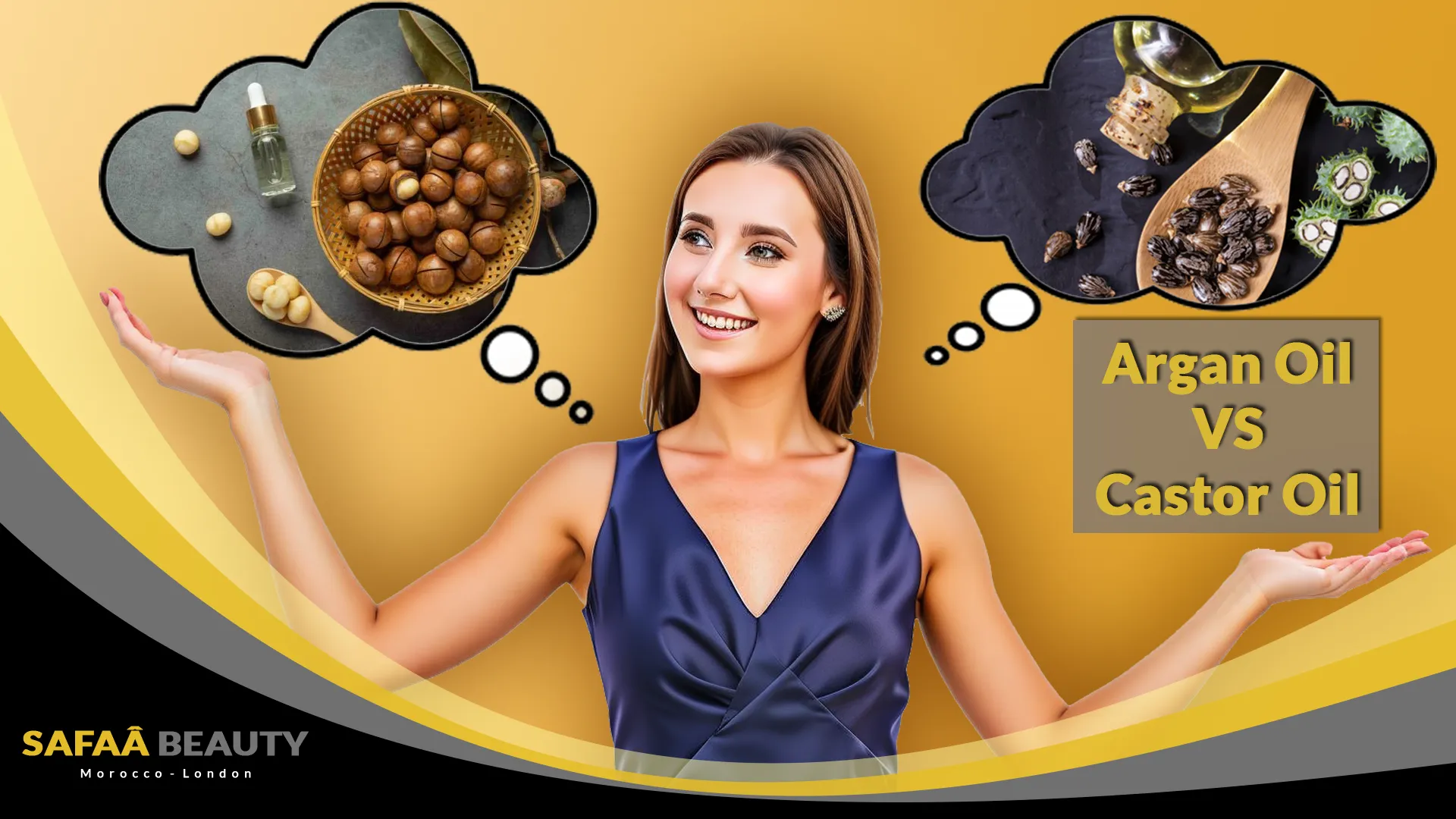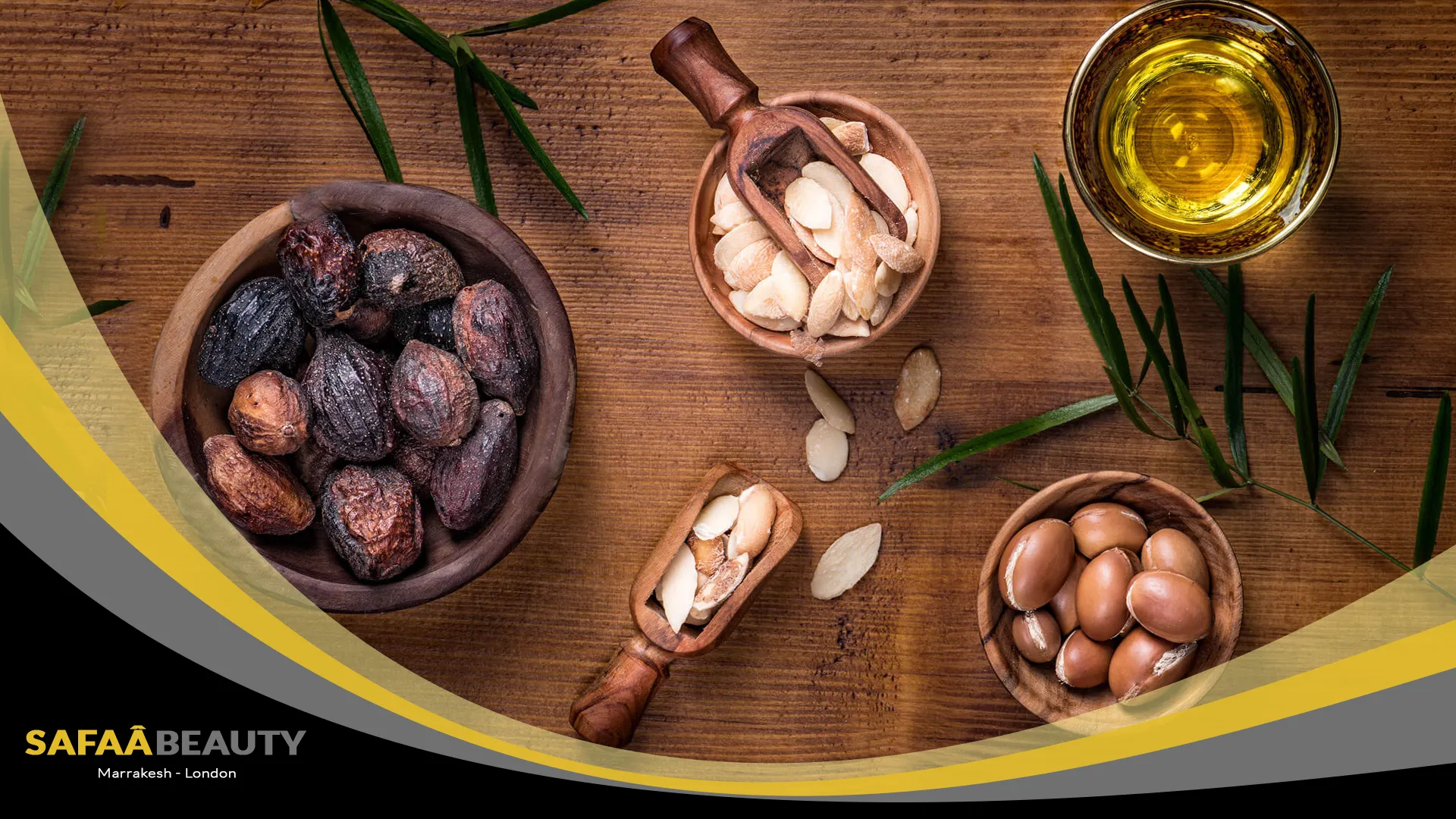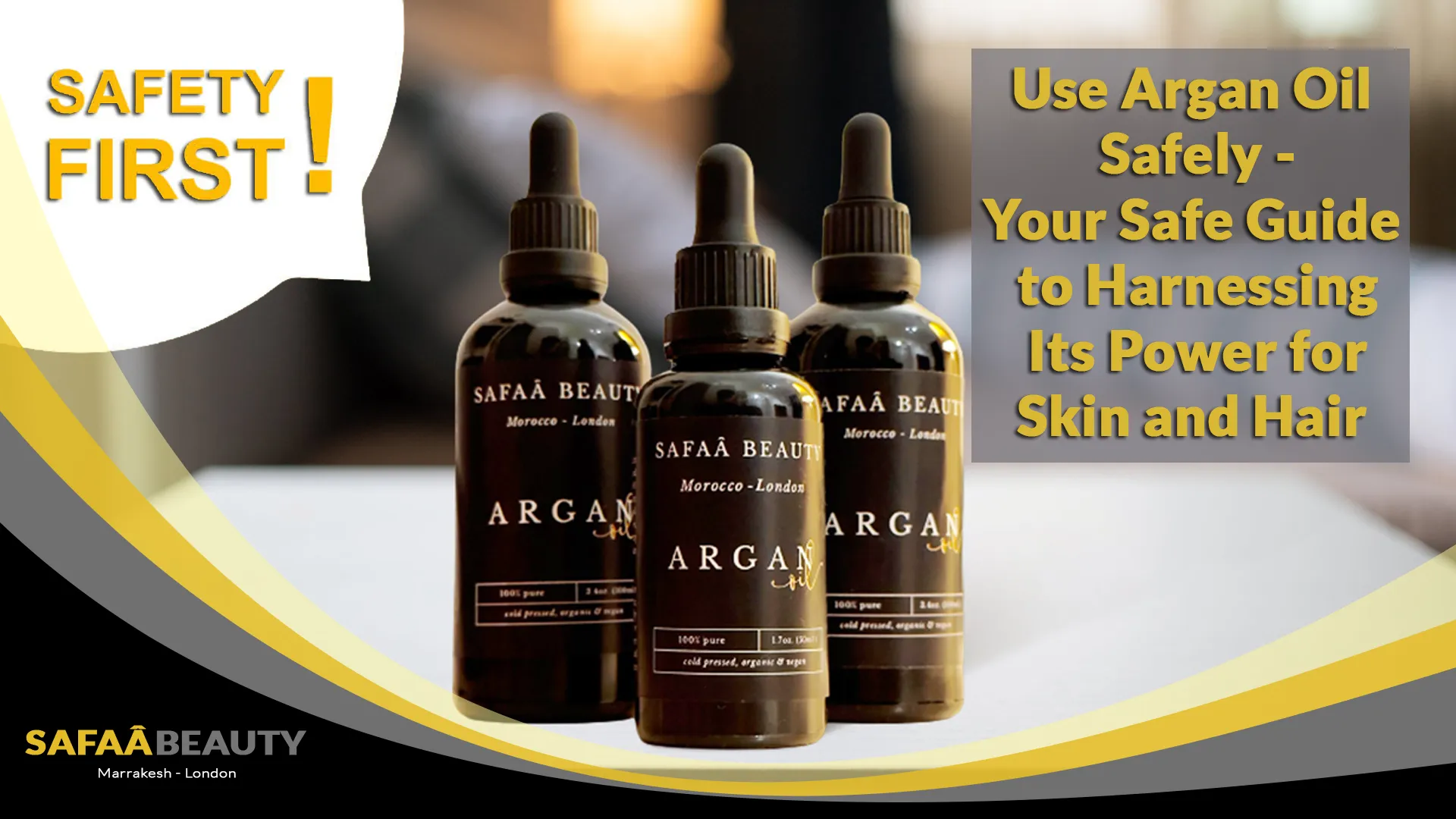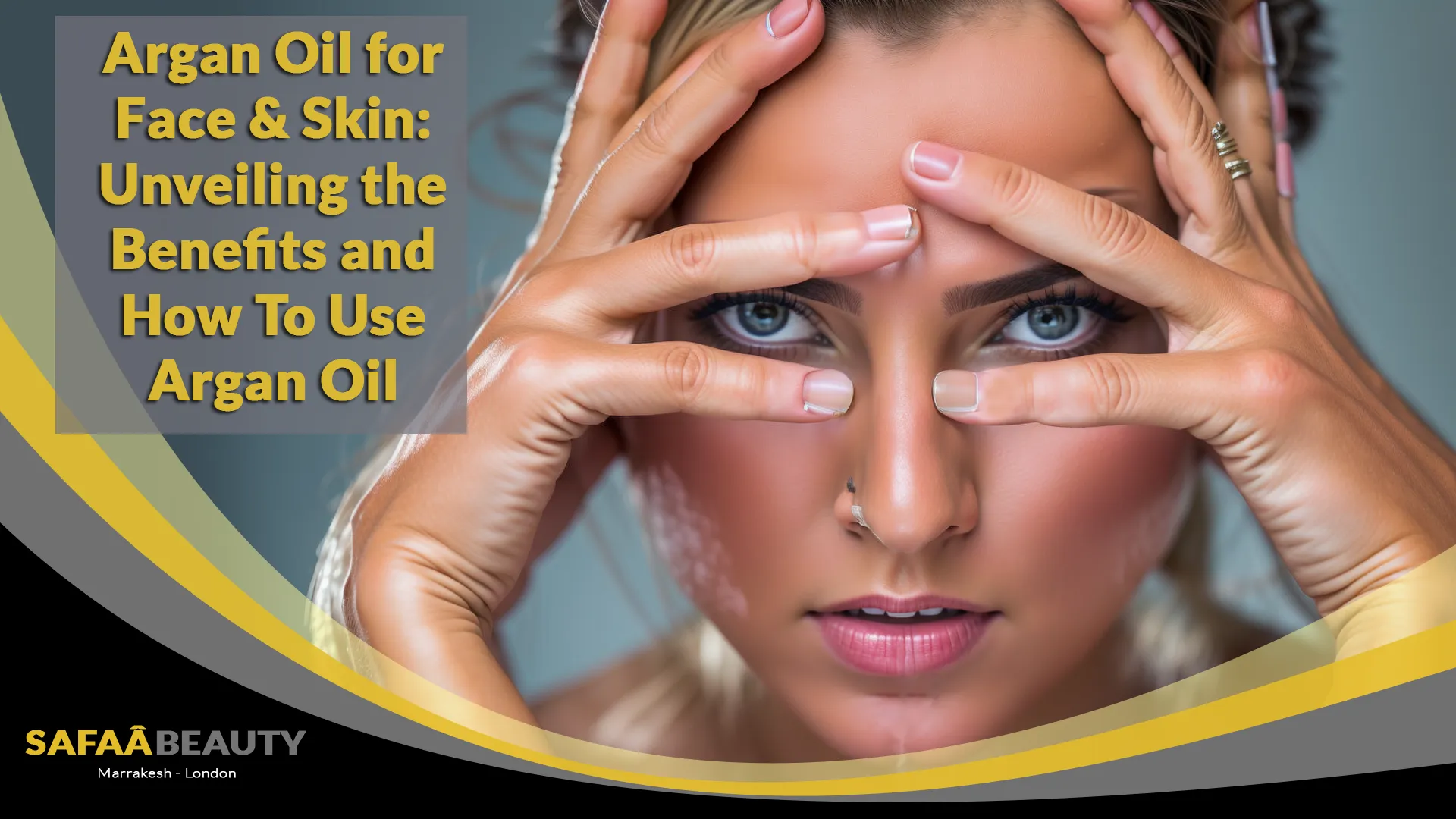Unlock the Power of Plant Oils: Navigating Common Mistakes for an Enriching Skincare
Every skincare enthusiast knows plant oils can be a boon to your skincare regimen. However, their potency can be a double-edged sword if not used correctly. This article aims to illuminate the seven most common pitfalls of using these oils and how to avoid them to reap their maximum benefits. We are breaking down the risks of using oxidized oils and helping you understand the importance of expiration dates, explicit benefits for your skin type, appropriate application amounts, suitable oil types for facial skin, patch-testing necessities, and proper storage practices.
Content:
- Why Should You Be Cautious About Oils That Release Damaging Chemicals When Oxidized?
- What Are The Risks Of Using Oils Past Their Expiration Date?
- Why Is Researching Specific Oils And Their Benefits Vital For Your Skin Type?
- Can Applying Too Much Oil Lead To Problems?
- Why Should Certain Oils Not Be Used On The Face?
- What Is The Importance Of Patch Testing New Oils?
- How Crucial Is It To Properly Store And Handle Plant Oils?
- Why Should You Be Cautious About Oils That Release Damaging Chemicals When Oxidized?

Choosing the right oil is crucial to nourishing the skin and protecting it from potential harm. When exposed to air and sunlight, certain oils, particularly those with a high concentration of specific compounds like citrus oils, can release damaging chemicals upon oxidation. Stable oils like jojoba oil, argan oil, and rosehip oil, on the other hand, offer nourishment without oxidation risk. Remember to store your oils properly; a cool, dark place, away from direct sunlight and excessive heat, helps maintain their freshness.
What Are The Risks Of Using Oils Past Their Expiration Date?
Keep an eye out for the expiration date on your plant oils, just like you would with any other skincare product. Expired oils can lose their effectiveness, become rancid, or induce an adverse skin reaction. Proper storage in a cool, dark place, or even refrigeration in hot or humid climates, can extend the oil's shelf life.
Why Is Researching Specific Oils And Their Benefits Vital For Your Skin Type?
Understanding the unique properties and benefits of each plant oil aids in selecting the one that fits your skin type and avoids adverse effects. For instance, oils like argan oil, avocado oil, and rosehip oil work wonders on dry skin, while jojoba oil, grapeseed oil, and tea tree oil are suitable for oily or acne-prone skin. If you have sensitive skin, opt for gentle and soothing oils like chamomile oil, calendula oil, and evening primrose oil.
Can Applying Too Much Oil Lead To Problems?
Applying an excessive amount of oil can lead to greasy and clogged pores. Start with a pea-sized amount, and gradually increase the quantity if necessary. Remember, choosing the right oil type for your skin is just as crucial, and always apply the oil correctly and gently.
Why Should Certain Oils Not Be Used On The Face?
Not all oils are suitable for facial skin; for example, even though coconut oil is popular for its moisturizing properties, it can lead to clogged pores and subsequent breakouts, especially for individuals with oily or acne-prone skin. Non-comedogenic oils, like jojoba, grapeseed, and argan oil, are lighter, absorb easily into the skin, and are ideal for facial use.
What Is The Importance Of Patch Testing New Oils?
A vital practice often overlooked when using new oils is patch testing. This evaluation allows you to assess any potential adverse reactions and avoid any allergies, sensitivities, or unwanted side effects. It's a precautionary measure that saves time, and money and promotes confidence in your skincare routine.
How Crucial Is It To Properly Store And Handle Plant Oils?
Optimal storage and handling conditions are just as essential as the oil's quality. Dark glass bottles, cool storage places away from sunlight or heat sources, and minimal exposure to air ensure the longevity and potency of your oil, providing their beneficial properties for a longer period.
Key Takeaways
- Always avoid oils that release damaging chemicals when oxidized, and select those that are stable and carefully processed.
- Don't use oils past their expiration date; always check for signs of rancidity.
- Research specific oils for their particular benefits to your skin type.
- Avoid applying excessive oil on your face; remember that a little goes a long way.
- Be mindful of the specific oil types for facial use and avoid those that are not suitable.
- Always patch-test new oils before incorporating them into your skincare routine.
- Follow proper storage and handling practices to maintain the potency and longevity of your plant oils.
This blog post aims to guide and ensure that your journey with plant oils is a smooth, enriching, and beneficial for your skin. As you unlock the power of these oils, remember that a little caution can take you a long way in achieving that radiant glow!
Hashtags:
#PlantOils #SkincareRoutine #NaturalSkincare #SkincareTips #FacialOils #HealthySkin #NourishYourSkin #BeautyRoutine #SkincareRegimen #BeautyTips #NonComedogenicOils #OrganicOils #SkincareProducts #SkinHydration #SkinNourishment #GreenBeauty #CleanBeauty #SkincareGuide #PatchTesting #OilStorage #OilExpiration #SkincareResearch #OxidationRisks #PersonalSkincare #SkincareHacks
Other Blogposts Our Readers Picked:
Argan Oil for Face & Skin: Unveiling the Benefits and How To Use Argan Oil
Discover how to use argan oil for the face to boost skin health. Uncover argan oil's benefits and application methods for radiant skin.
Use Argan Oil Safely - Your Safe Guide to Harnessing Its Power for Skin and Hair
Uncover safe usage of argan oil for skin and hair. Learn precautions, suitable applications, and best practices for this potent beauty elixir.
The Pricy Elixir: Why is Argan Oil So Expensive?
Discover why Argan oil is so expensive – production, cooperatives, and insider insights. Get the facts on the priciest edible oil at $300 per liter!












